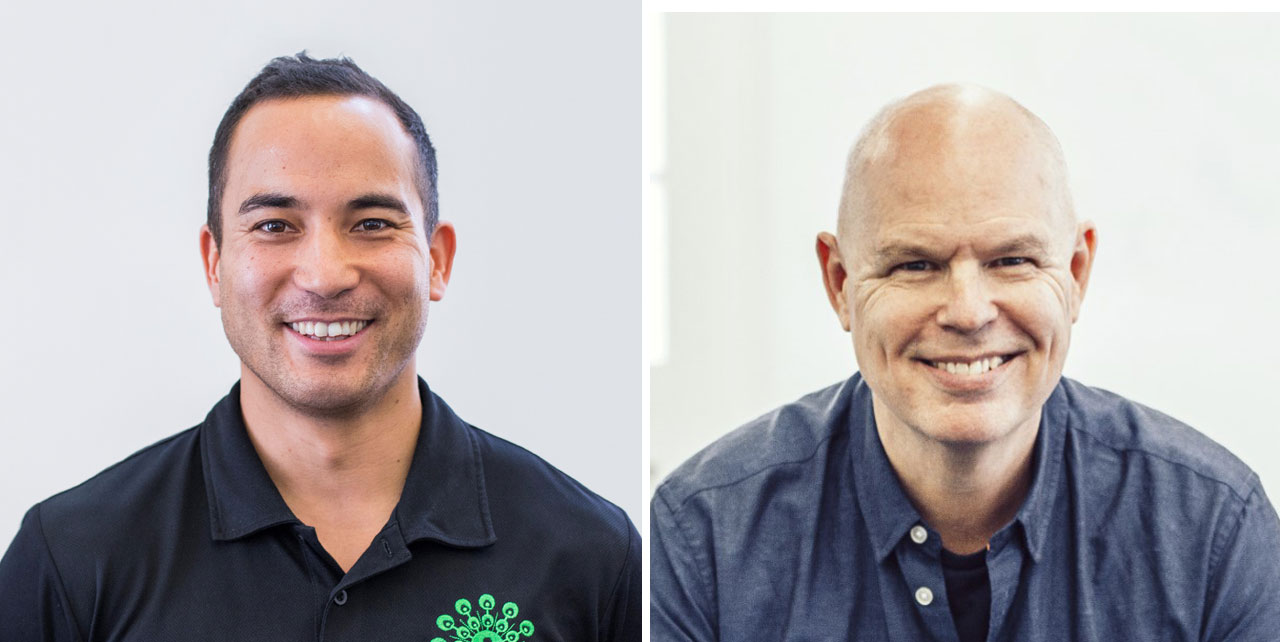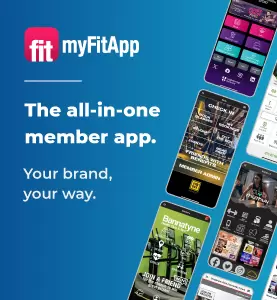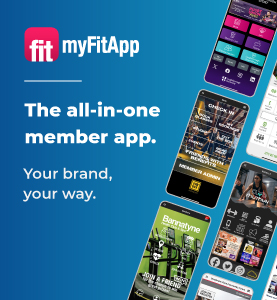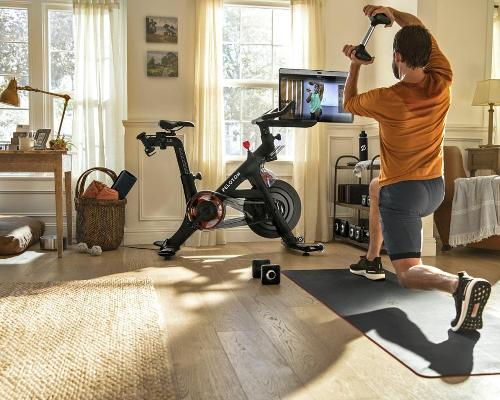We read the interview with Dr Natasha Jones and Suzi Gardener (HCM issue 1, 2022) where they discuss their recent report The Benefits Outweigh the Risk, which outlines the benefits vs risks of physical activity – particularly for clients with medical conditions.
It was a valuable reminder of some of the key gaps – whether understanding, competence or awareness – that exist within the fitness and medical sectors.
These gaps leave millions of people with long-term conditions and co-morbidities without the support they need to make meaningful changes to their health and quality of life through exercise.
The interview in HCM shines a light on some longstanding concerns, one of the most significant of which is that the fitness industry is primarily designed to get fit people fitter and is not structured to support those whose medical conditions would benefit from physical activity in their lives.
The vast inconsistency in qualifications and expertise across the fitness sector is a major contributing factor when it comes to this issue, although this was beyond the scope of the interview.
Another challenge is the need for more clinicians and fitness professionals to adopt a rounded view of the individual. Too many in both sectors still struggle to see beyond their own specialisms – medics know the importance of exercise for patients with clinical issues, but lack the knowledge to prescribe it effectively or the time to address patient concerns or objections, while within much of the fitness and rehab industry, the lack of expertise and silo structure limits its ability to create an integrated end-to-end journey for clients.
Taking issue with comments
There are a couple of points in this interview with which we take issue, however. Firstly, in asking the question “Is change coming?” Jones and Gardener imply nothing is being done to address these challenges.
That’s not the case – change has already ‘come’. Not at scale admittedly, but there are providers across the UK who are addressing the needs of clients for whom physical activity is less a lifestyle choice and more a key element in the management of a life-changing medical condition
Already we and providers like us – exercise physiologists specifically trained to support special populations – have built strong and collaborative relationships within the medical sector to deliver just the kind of inclusive, rounded and supportive patient care the report has identified as lacking.
Defending exercise prescription
Secondly, when Dr Jones says, “I’m not a fan of exercise prescription”, it would be interesting to understand why and to better comprehend her definition of this important intervention.
Our take is that exercise prescription is exactly what’s needed, as the evidence in support of clinical exercise is compelling. We, like others in our field, follow a clinically-proven and evidence-based approach, prescribing a specific programme for each client and guiding them through it.
Our clients see benefits, whether in outcomes, symptom reduction or improved quality of life. It’s hard to see a problem with this and so we’re not sure how Dr Jones’ view is helpful.
She goes on to say, “Medicalising exercise should only be necessary if the patient deems it so”. However, many people with debilitating medical conditions aren’t even aware exercise can help them, and even if they are, they have very little idea what this might look like.
For these populations, exercise is a ‘health need’ – just like antibiotics or surgery – not the opt-in lifestyle choice it is for most gym-goers.
Of course it’s vitally important the plan is followed as prescribed, which means it requires the right support, and client buy-in. That’s a given.
























































